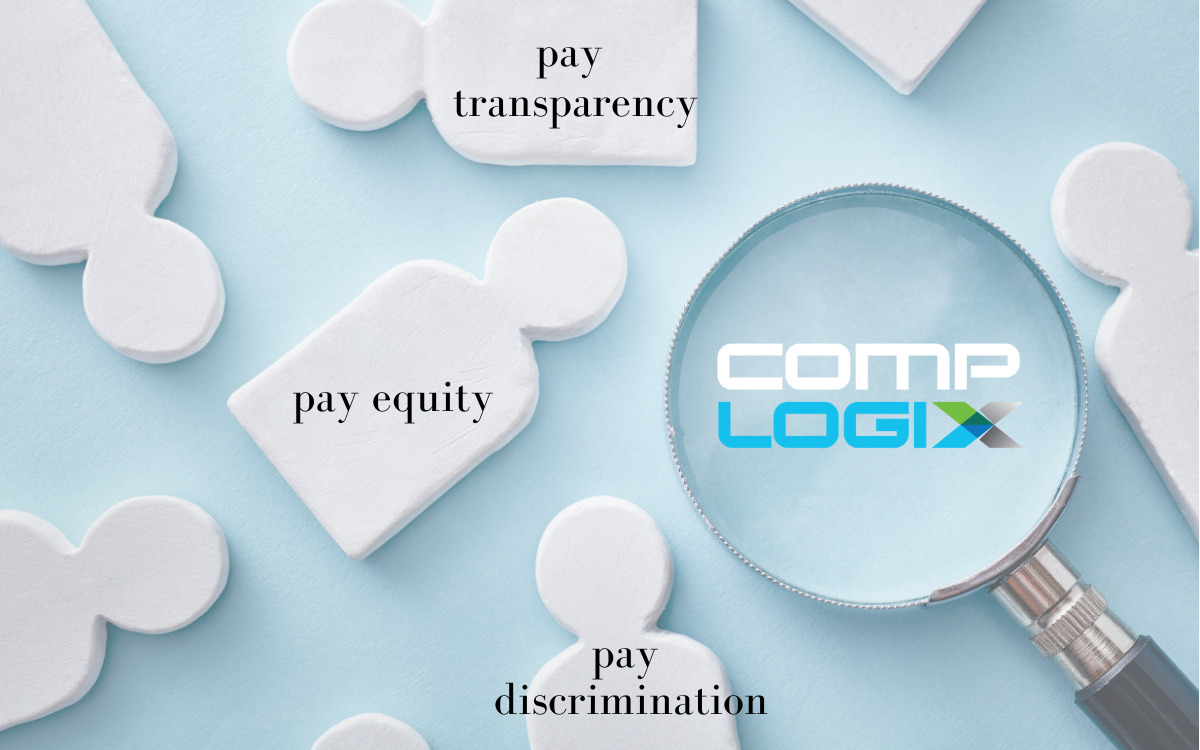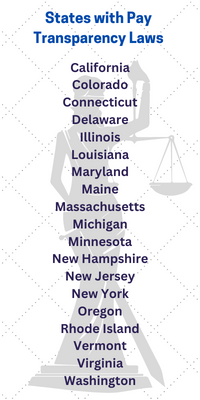In our last blog, we shared the results of a mid-2022 Gartner Study that found that only about one-third of U.S. workers think they are getting fair pay. Add today’s economic conditions and rising inflation, the bad taste still lingering from COVID-related business decisions, even the best employees are becoming more sensitive about perceived pay gaps. When employees perceive they aren’t being paid fairly, this distrust leads to lower morale, decreased job performance, and turnover.
At no time in history has it become more important to not just keep long-time employees, but also to create the kind of workplace that attracts and keeps new talent.
As a result, the time for pay equity communication and pay transparency has arrived. As new applicants enter the workforce, many are considering this kind of openness essential when it comes to pay. If the process is not transparent, your ideal candidate may decide to look elsewhere and find a company that is willing to communicate pay information more openly.
What is Pay Transparency?
According to an article in Harvard Business Review, pay transparency refers to a pay communications policy where pay-related information is voluntarily provided to employees. While it may be interpreted differently from company to company, in general this openness includes sharing details about the process of the pay system and the actual pay levels (or ranges) in place. It also includes removing the taboo that once accompanied employees sharing information with other team members about their pay.
Companies have been working hard to close some of those actual pay gaps. Salary surveys compared against market trends, making adjustments where necessary, and making the effort to build in equity where it may not have existed is an important first step. In some states, pay transparency is no longer optional.
Pay Transparency Laws
As of January 1, 2023, about 40% of all U.S. states have enacted salary transparency laws and many other states are standing by to see how this open approach plays out. In 2021, Colorado led the way with a law that requires employers list salary ranges on job advertisements for work that could be done in the state. Since then, additional states have passed similar legislation, while others have laws that say employers must disclose the minimum and maximum pay to job candidates at some point in the hiring process.
Compensation Management Software Makes it Easier to Do the Right Thing
Whether your company is in one of the states with pay transparency mandates, it may simply be the right course of action to avoid competing with other organizations using open compensation practices as a competitive advantage.
Elena Belogolovsky, a leading researcher on pay secrecy said failure to be open about pay leads to a lot of unnecessary resentment and one of her studies suggests that, with transparency, people perform better on the job. Removing the worry surrounding whether or not employees are being taken advantage of by unfair pay allows them the freedom to simply do the work they were hired to do. Belogolovsky said, “I truly believe that pay transparency will lead to better outcomes — for organizations, for individuals, and for society as a whole.”
Tony Guadagni, senior principal in the Gartner HR Practice reminded us that it doesn’t cost much for a company to be transparent with its employees regarding how wage and salary ranges are determined, and it certainly doesn’t cost anything to communicate those policies to staff. “Communication has the greatest impact on both restoring an employee’s trust in the organization and improving perceptions of pay fairness and pay equity,” Guadagni said. “Open communication also tends to be among the things that are the lowest risk to the organization.”
Working to correct perceptions of pay equity may include pay transparency, and in order to manage that effectively, organizations need a systematic and technology-focused approach to compensation management. Compensation management solutions that eliminate manual error and subjectivity can go a long way toward not only administering pay fairly, but also in instilling confidence among team members that compensation is handled fairly and with care.
![]() Compensation management technology like that offered by CompLogix enables organizations to create and manage equitable salary models and gives HR leaders the solid platform from which to communicate accurately, openly, and effectively. If your organization is ready to get organized around compensation management to enable pay equity and transparency, give us a call. Get a no-obligation demo and learn more!
Compensation management technology like that offered by CompLogix enables organizations to create and manage equitable salary models and gives HR leaders the solid platform from which to communicate accurately, openly, and effectively. If your organization is ready to get organized around compensation management to enable pay equity and transparency, give us a call. Get a no-obligation demo and learn more!


